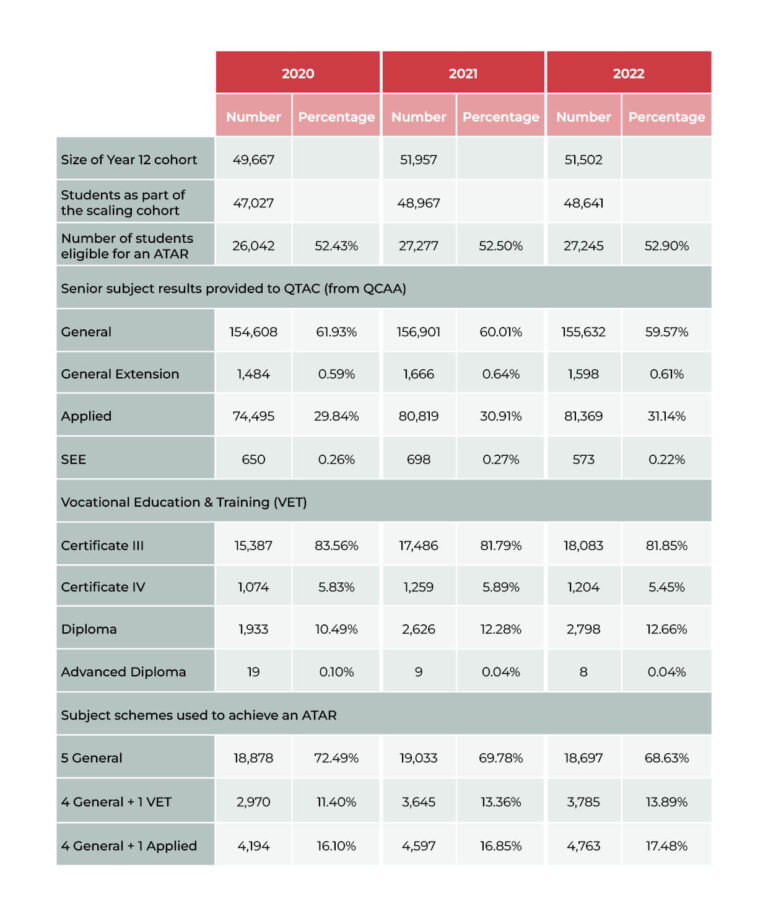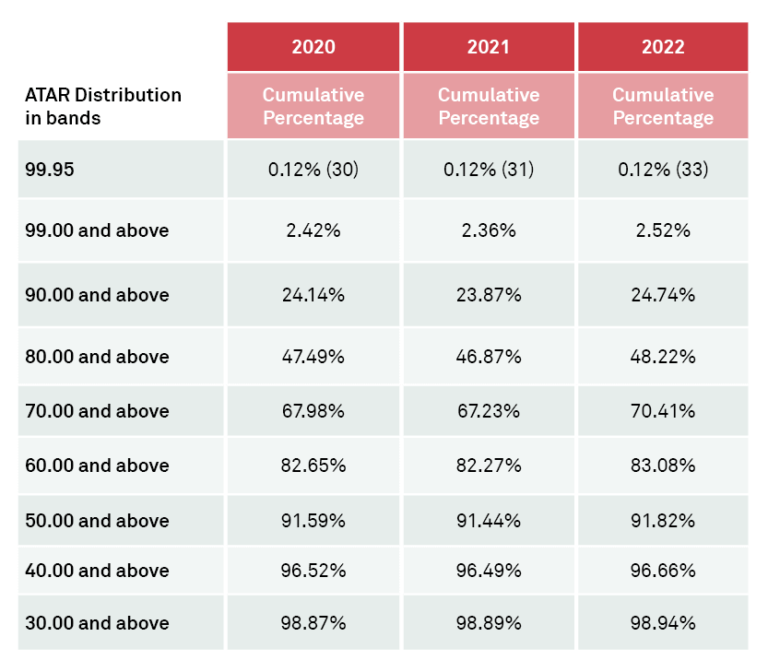Attention current applicants! You’re already planning your journey into higher education and you’re on top of your key dates and prerequisites. Now, the task of arranging your course preferences on your QTAC application. The order in which you list your preferred courses can significantly impact your academic path. Rest assured, we’ve compiled a quick guide to help you navigate this pivotal aspect of your application process. And remember, utilise all six preferences to maximise your chances of getting an offer.
1️⃣ & 2️⃣: Dream Big, Place First
The first two courses in your preference list should be reserved for your dream courses. Select the courses that fuel your passion and resonate deeply with your academic aspirations. These are the programs you’ve envisioned, so feel free to prioritise them accordingly.
3️⃣ & 4️⃣: Prepare for Plan B
Life is unpredictable and doesn’t always go to plan, so make sure you plan ahead. For courses three and four, consider selecting backup courses that still spark your interest. Opt for less competitive options to ensure you have solid alternatives in case your first choices don’t pan out. Choose to remain within the same field of study, offering the potential to accumulate credits for your desired course at a later stage. Alternatively, consider exploring a completely different field that piques your interest, where you anticipate excelling and securing the grades needed for a successful transfer in the future.
5️⃣ & 6️⃣: Pave Your Pathway
As you move down your preference list, think strategically. Place courses that could serve as pathways to your ultimate academic goal. These could be programs that align with your interests and lead you step by step toward your dream career. It’s all about building a comprehensive plan for success. Check what you need, is it a subject prerequisite? Is it a subject prerequisite and a higher rank? Or, is it just a higher rank?
Pro Tip: Visit qtac.edu.au/preferences/ and explore the preferences how-to guide for detailed insights on optimising your preferences. This resource is your key to making informed decisions and boosting your chances of securing a spot in your desired program.
Quick Reminder: Check out qtac.edu.au/course-search to easily find your courses and their QTAC course codes. This will streamline your application process and ensure you’re on the right track to academic success.
Key Insight: Before finalising your preferences, visit: qtac.edu.au/the-atar-selection-rank-profile/ and explore the minimum selection thresholds for programs. Craft strategic backup preferences aligned with your strengths for a well-informed application.
Important Date: Visit qtac.edu.au/key-dates/ for all the upcoming important dates. The key date to update your preferences for consideration in the next offer round on 11 January 2024 is 11.45 pm on 4 January. Mark your calendars and ensure your preferences are in order by this deadline to maximise your chances of success.
In the dynamic world of university admissions, staying organised and informed is your secret weapon. So, maximise your chances, plan your options, and kickstart this next phase of your journey towards a brighter future.
If you need help, call us on 1300 467 822.











